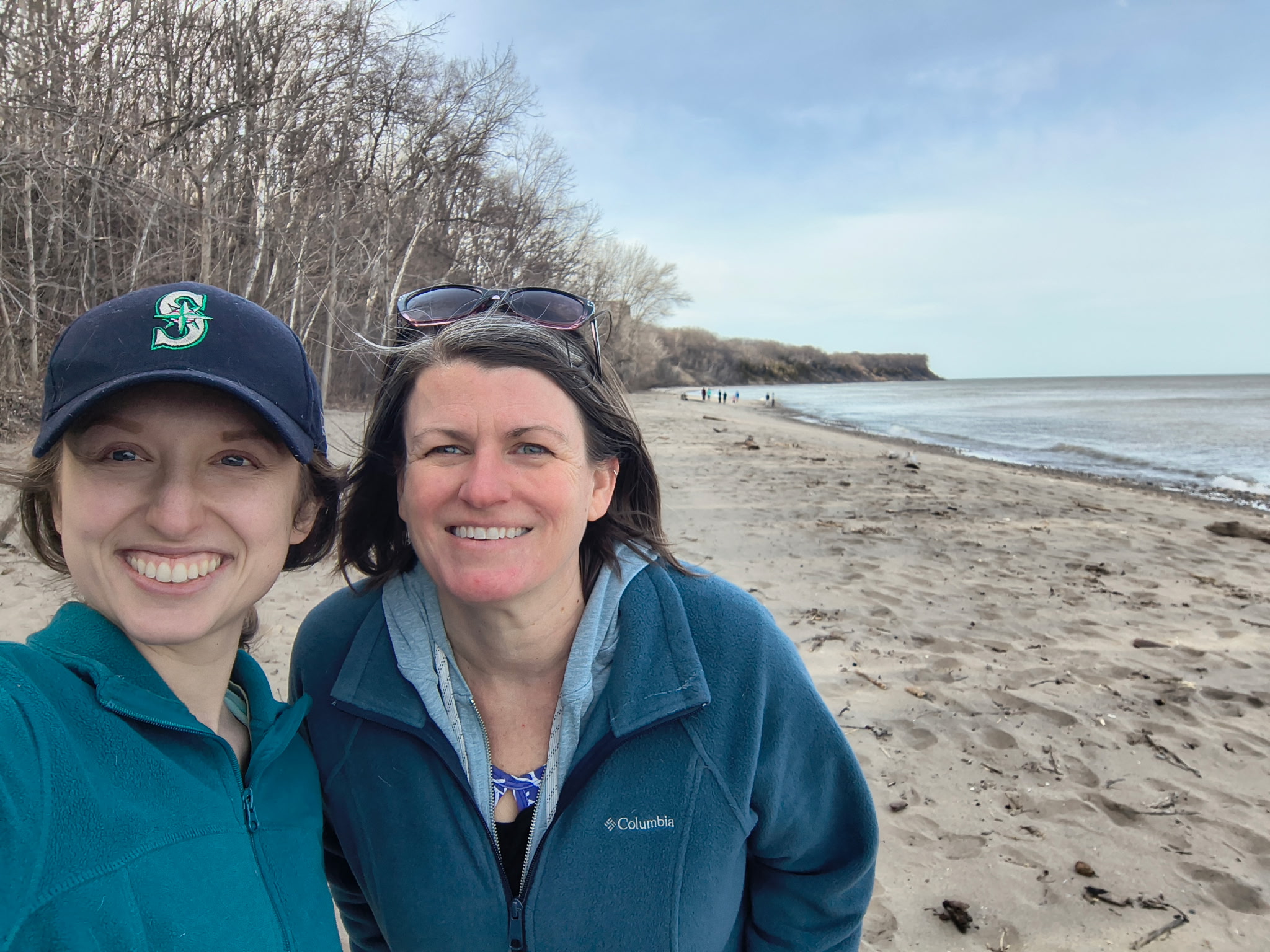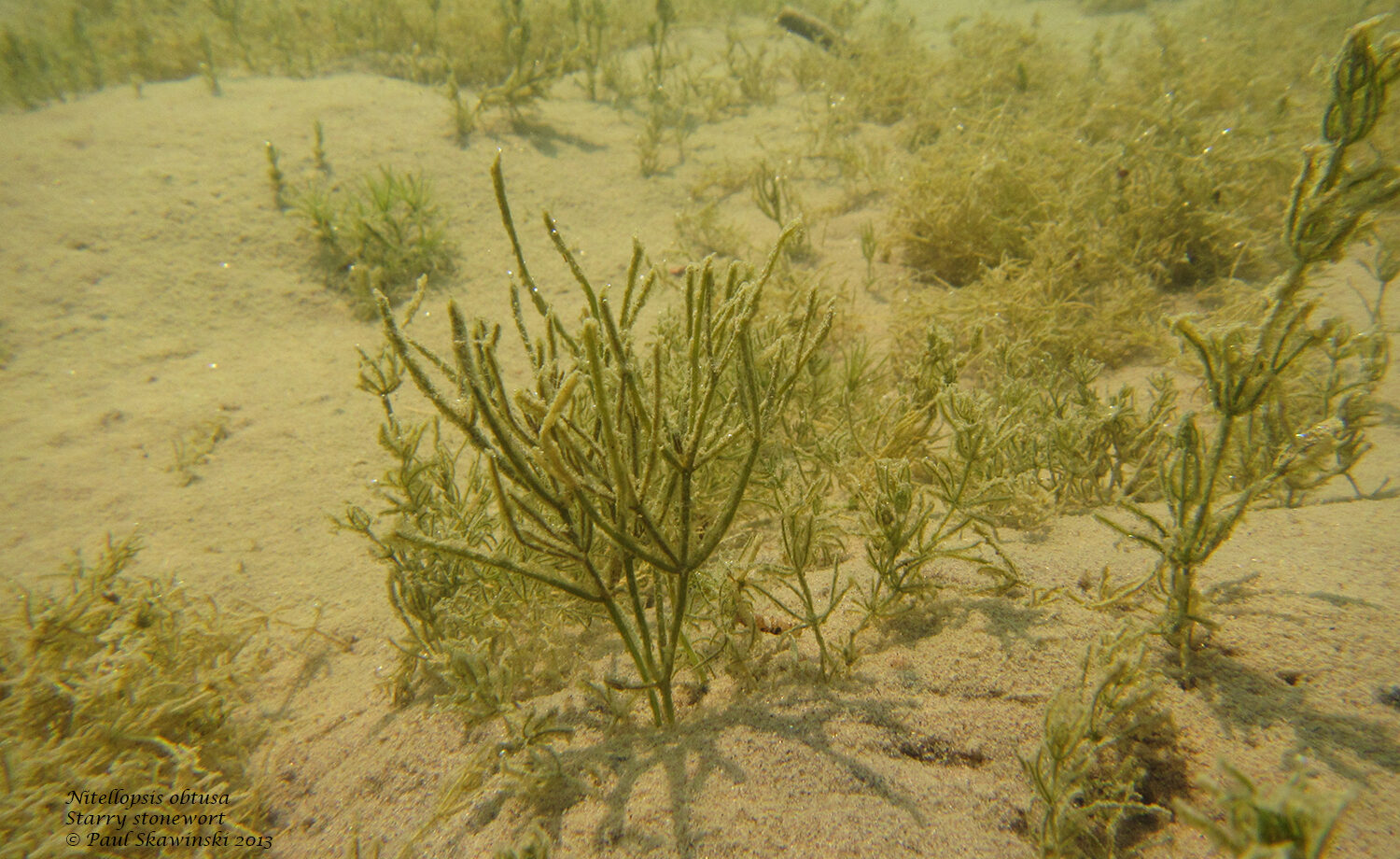Wisconsin Sea Grant’s Gene Clark has been named the 2015 recipient of the University of Wisconsin Regents Academic Staff Excellence Award. Clark has been a coastal engineer for Sea Grant for 11 years.
“I find great reward in the professional contributions I make in my chosen field. In addition, I keep service to the university and the state of Wisconsin uppermost in mind,” he said. That service has had extensive economic and public health and safety impacts. Some of his projects include:
- Solving an expensive engineering problem in the Port of Duluth-Superior. The port represents $12.6 billion in annual economic activity, 73,719 jobs and $3.2 billion in personal income (figures from a 2011 study by Martin Associates). The port’s steel infrastructure was crumbling at a rate and in a fashion never before seen in freshwater environments. Replacing vital piers and walls to continue to move commerce through the port would have cost, according to initial estimates, $120 million. That was just the beginning, since corrosion would have just continued had Clark not worked with colleagues to marshal research and engineering skills to solve and now mitigate the problem caused by microbial action combined with winter ice scour.
- Partnering with the Milwaukee County Parks Department and the city of Port Washington to provide real-time beach conditions on the big lake, including warnings about rip currents. Each year, an average of 100 people die in waters due to rip currents. Beachgoers expect the currents in places like Florida or California but not in the Great Lakes. Yet, there are dozens of rip current rescues in the lakes each year and there have been deaths—82 in the last 10 years in Lake Michigan alone. The need for public awareness about how rip currents form and how to survive them is clear. Clark fills that need.
- Building economic vitality through work to save, by a conservative estimate, $125 million in storage costs for harbor-dredged material from Wisconsin and Minnesota ports last year. The shipping industry relies on clear channels for navigation and for moving cargo. Often, the channel-dredged material is clean but still goes to a confined disposal facility (CDF). Such large facilities cost anywhere from $25 to $50 million to construct. Most are rapidly reaching capacity. Gene has convinced several coastal communities to use the dredged material for projects such as beach nourishment or construction rather than placing it in the nearly full CDFs.
- Saving lives on Lake Superior. Lake Superior attracts recreational enthusiasts yet weather and water conditions are prone to sometimes rapid change between the mainland and the Apostle Islands National Lakeshore. There have been deaths in the area. Clark worked alongside Prof. Chin Wu, of UW-Madison, to design, test and deploy instrumentation that collects real-time wave and temperature data. A website displays that information and National Park Service officials and rescue personnel say this instrumentation is now, literally, a lifesaver for those who enjoy kayaking and sailing in Wisconsin waters of Lake Superior.
“It’s important for me to share my expertise with a broad range of audiences, furthering the science through the state, which is what the university encourages with the Wisconsin Idea. I am energized by this outreach. I do lot of it,” he said. “Each year, I provide an average of 100 coastal engineering resource interactive consultations to Wisconsin Great Lakes private property owners via workshops, presentations or one-on-one community consultations.” Clark also is a nearly annual presenter at the UW-Madison Coastal Engineering Short Course for professional development.
In extending the award via a letter, Regent President Michael J. Falbo wrote, “This award signifies the high regard with which you are held by your colleagues, your institution, the UW System and the Board of Regents.”
Clark will accept the award at the June 5 meeting of the Board of Regents when it gathers in Milwaukee.





